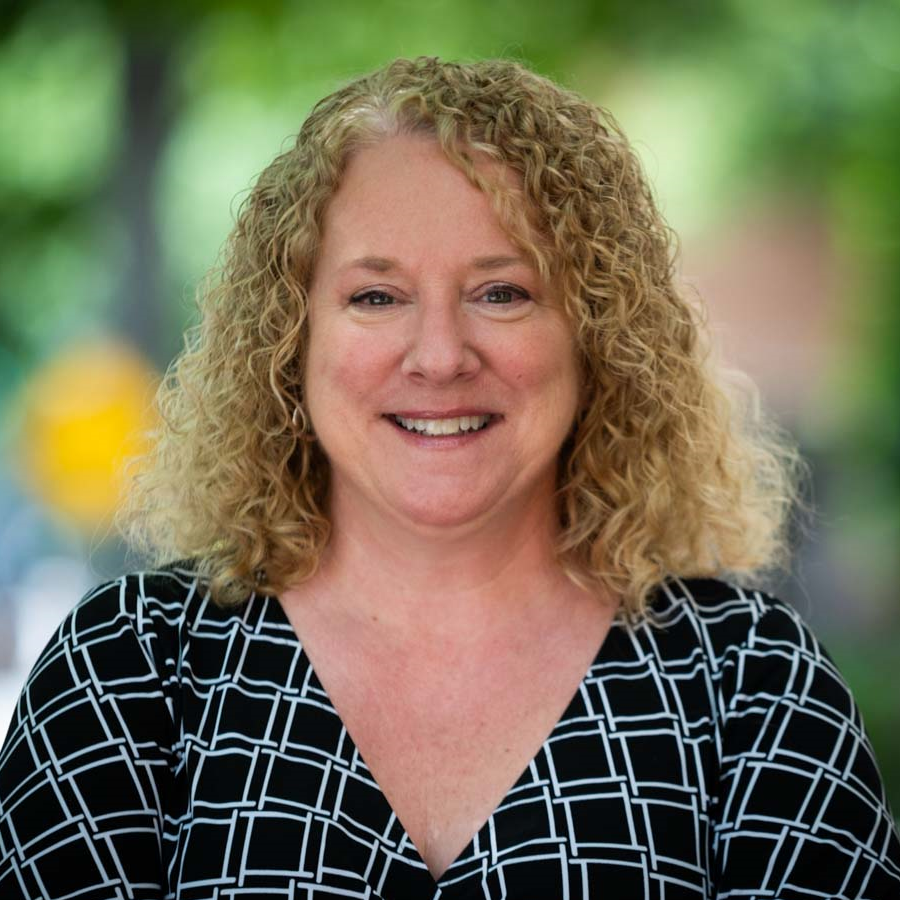Rights & Access
Ohio
(Ohio Capital Journal, 1/10/23) The Ohio legislature recently passed the Mental Health and Disability Terminology Act, which was introduced with bipartisan support and signed by Governor DeWine earlier this month. In 2009, harmful words were removed from the names of various county and state agencies, but offensive language remained in the state’s revised code. When work began on this bill in 2021, House members reported being surprised because they thought the changes had already been made. In a statement, Katherine Yoder, executive director of Ohio’s Adult Advocacy Centers said, “It’s one of those things that as society… and as people’s humanity evolves, language is the most obvious thing that changes.”
Medicaid, Managed Care, Managed LTSS
Iowa
(Victoria Advocate, 01/04/23) The state legislature is continuing its work started in 2021 to merge three state departments – human services, public health and aging – into one mega-department: the new Iowa Department of Health and Human Services. Lawmakers began this process last year by establishing a framework and benchmarks for the merger and now must pass the necessary legislation to complete the plan. The new department will employ approximately 5,500 state workers and command more than $2 billion in funds, or one-quarter of the state budget. Jack Whitver, the Republican Senate majority leader, said he looks forward to any efficiencies that can be created by the merger. In a statement, he said, “I’m always supportive of trying to create efficiencies or modernizing state government… Some of these (state agencies), the way these are set up, have been set up that way for decades. And the world changes, organizations change, and government should change, too.”
Massachusetts
(Health Care Innovation, 01/03/23) MassHealth has selected 20 community-based providers to participate in the Community Partners Program. This program works with the state’s 17 Accountable Care Organizations (ACOs) to support MassHealth members with significant behavioral health and complex long-term services and supports needs. The Secretary for Health and Human Services, Marylou Sudders explained, “Community Partners play an essential role in delivering coordinated care for MassHealth members, including individuals with disabilities, mental illness, substance misuse disorders and co-occurring disorders.” Over the last three years, the Community Partners program has shown a reduction in emergency room visits by 21%, a reduction in behavioral health admissions by 30%, and a reduction in the risk-adjusted total cost of care by 20%. “Integrating the full health care needs of MassHealth members with complex health conditions remains a primary goal in the next phase of the Commonwealth’s health care delivery restructuring,” said Sudders. MassHealth ACOs and managed care organizations will contract directly with Community Partner organizations, with the goal of improving integration and care coordination for MassHealth members. Among those organizations selected for the Community Partners Program are several ANCOR members, including Behavioral Health Network, Inc., Center for Human Development, Open Sky Community Services, Seven Hills Family Services, and Behavioral Health Network, Inc.
New York
(This article courtesy of ANCOR’s subscription to Open Minds, 12/07/22) The New York Office for People with Developmental Disabilities (OPWDD), as one of its top priorities outlined in its 2023-2027 Strategic Plan, intends to evaluate service delivery models, including managed care for Medicaid long-term services and support services (LTSS) for people with intellectual and developmental disabilities (I/DD). The plan identifies three overarching goals including (1) strengthening the workforce through recruitment and retention initiatives, data and technology, and stakeholder engagement, (2) transforming OPWDD through strengthening the quality, effectiveness, and sustainability of services, changing policies to create greater flexibility and community integration, and exploration of new service delivery methods, and (3) enhancing services across the lifespan through person-centered supports that are holistic, needs-based, equitable, and person-centered including appropriate and coordinated services, expanding supports for those with complex behavioral and medical needs, and addressing service gaps for underserved communities.
Utah
(Department of Health & Human Services, 12/20/22) The state has submitted an amendment to its 1115 Waiver Special Terms & Conditions seeking authority to provide Long Term Services and Supports (LTSS) to individuals with behaviorally complex conditions. The state’s goal is to facilitate the transition of people with behaviorally complex conditions (defined as “originating from a variety of complex medical, organic, cognitive and psychiatric” causes.) The state asserts that “limited options exist for individuals with behaviorally complex conditions, and transitions result in failed placements or discharges from inpatient facilities resulting in extended stays in higher levels of care than necessary.” In the waiver amendment, the state explains its intent to select one LTSS provider through a Request for Proposal process. This provider will offer “treatment alternatives which promote integration and transition to home- and community-based placements where individuals may otherwise be placed in inpatient psychiatric settings due to lack of less-restrictive options.”
State Budgets
California
(State of Reform, 01/12/23) Governor Newsom has released his budget proposal for 2023-2024 with a focus on supporting and expanding the CAL-AIM program. Specifically included was $230.5 billion for the Department of Health and Human Services. The proposed budget has significant adjustments, such as the creation of California’s Behavioral Health Community-Based Continuum Demonstration, which expands the continuum of community-based behavioral health care services for Medi-Cal beneficiaries living with serious mental illness and serious emotional disturbance, with a focus on children and youth, individuals who are at risk or are experiencing homelessness, and justice-involved individuals. This new investment also seeks to strengthen community-based services, as well as “clarify insurance coverage for children and youth using evidence-based therapies and home-based services.” The budget’s Safety Net Plan update includes $28.7 million and would expand safety net services to support those with complex needs. The updated plan also incorporates the development of a residential program for adolescents and adults with high intensity co-occurring developmental disabilities and mental health diagnoses, adjustments to Crisis Assessment Stabilization Teams staffing, the expansion of supports for foster youth who are eligible for regional center services, and the establishment of an Autism Services Branch to support the statewide focus on addressing the needs of those living with autism.
Maine
(The Maine Writer, 01/12/23) Governor Mills has released the largest budget proposal in the state’s history, topping out at $10.3 billion. This budget includes $27 million to improve services for Maine residents with intellectual and developmental disabilities. The proposed budget has also added $94 million for mental health and substance use disorder services and $4 million will be used to continue to provide student loan repayment assistance for those health care professionals in medicine, dentistry, behavioral health and nursing. Eligible health care professionals will be able to receive up to $75,000 in student loan debt relief, and nursing educators will be eligible for up to $40,000.
Virginia
(WDBJ-7, 01/05/23) Members of the House and Senate finance committees held four virtual hearings to provide I/DD advocates an opportunity to be heard. In the first hour of the hearing, most speakers endorsed legislation to expand support for people with developmental disabilities and increase wages for support staff. During her testimony, Christine Cadwallader, President of The ARC of the New River Valley said, “Virginia is the 10th wealthiest state in this country. Surely, we can use a little of that wealth to meet the needs of your most vulnerable citizens.” While specific budget proposals were not discussed in this article, it did note that Governor Youngkin has proposed an additional 500 I/DD waiver slots, which will help reduce the waiting list of people who need that state support.
Stay Informed on the Latest Research & Analysis from ANCOR
More News
DOL Withdraws Rule to Phase Out Subminimum Wage Certificates
Department of Labor Proposes Rescinding Covid-19 provisions
Stateside Report: July 07, 2025



